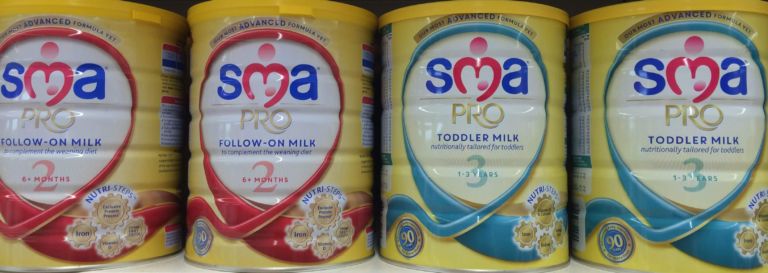During the time Tim and I spent in Siem Reap, Pub Street became our favourite haunt. Lengthy happy hour promotions proffered cheap beer and a whole assortment of exotic food. What better place to unwind after a long day trekking around temples? However, despite the nightly festivities that occur here, Pub Street is also home to a dark criminal underbelly that feeds on the compassion of tourists.
Regardless of what time of day you visit Pub Street, you will not be able to miss the street children roaming the area barefoot, approaching tourists. This harrowing scene already tugged on my heartstrings and that was before I saw any babies.
I, like many people, do not give money to beggars. This is not because I don’t want to help, but giving cash often fuels a destructive lifestyle. I have always been of the opinion that it is far better to offer food as a means of help instead. When the first street child approached Tim and I along Pub Street, I immediately said no, leaving the child with no option but to wander off morosely. The guilt eating me up already, I couldn’t stop watching him as the evening played on.
Having convinced myself that I had done the right thing, I began to feel at ease – until I saw the boy with a young couple across the road. The man had just offered the street child money to which he had refused. This didn’t make any sense. If the child was begging, then why would he reject money? Tim and I talked this over for a while, trying to make sense of what we had seen. When the boy approached us again sometime later, he explained he didn’t want money and was instead looking for someone to buy him baby formula for his sister. He seemed so vulnerable and genuine, we felt implored to help. Generally, we are a sceptical pair and so in case of an ambush; Tim left his mobile, passport and wallet with me whilst he went to the store. The boy led Tim to a local supermarket where he pointed out the baby formula he wanted. Not having enough cash, Tim apologised and handed over the dollars he had. The child looked distraught to be leaving the store without formula but accepted the cash nonetheless. As Tim walked back to meet me, the boy disappeared.
As we became regular visitors to Pub Street we began to question whether we had done the right thing. Other street kids appeared night after night telling the same story as well as women walking around with lolling babies in slings; all appealing for baby formula. Something wasn’t right.
It transpires that the plea for baby milk is very common within Siem Reap and was in fact a trick devised to exploit tourists. As part of the con, the shop selling the baby formula is ‘in’ on the scam. The tourist buys the formula for the beggar who sells it straight back to the shop. Doing this means they are able to make far more money than they would by simply asking tourists to give them cash. But this isn’t the whole story. The street children executing this scam are reporting back to adults who profit from the scheme, whilst denying the children the opportunity to go to school. There are claims that the babies seen in slings have been drugged to generate more sympathy from tourists. Frequent visitors to Pub Street are often seen appealing for help with different babies, leading to suspicions that the children are rented or borrowed for the evening.
This lucrative scam perpetuates a cycle of child exploitation and abuse that will only be eradicated if tourists are educated about child safety. If you find yourself in a situation where you are being asked to buy baby milk formula you should:
- First and foremost, SAY NO. Be firm and repeat yourself if necessary. These people can be intimidating but it is important you stand your ground.
- Do your research before you travel. A good website to check for advice is thinkchildsafe.org.
- If you want to help beggars, find reputable charities to donate your money to.
- If you get caught out, don’t beat yourself up too much. Visitors fall for the baby milk scam out of a desire to do good. If this happens to you the most important thing you can do is to warn other travellers to stop them getting caught out too.
Have you ever been a victim of a scam abroad? What would you warn people about?

Love it? Pin it 🙂


